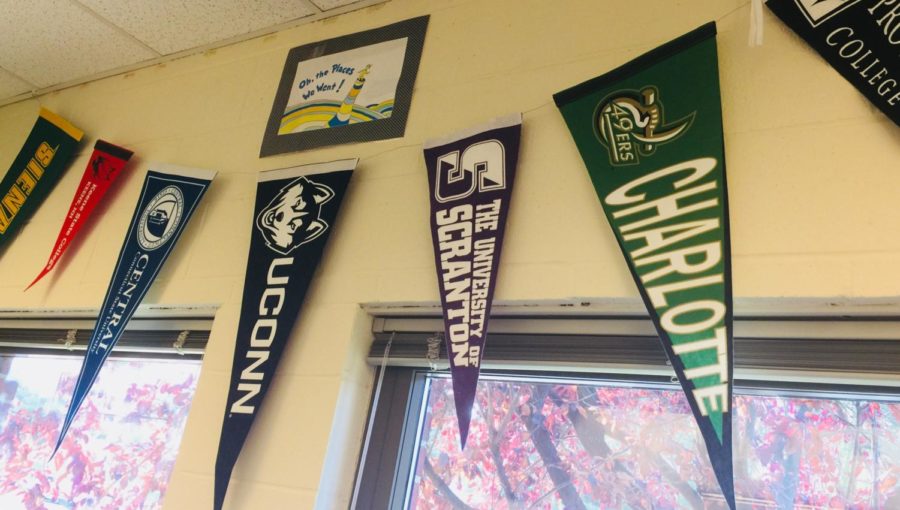College Rankings: Are They Helpful?
There are thousands of colleges to choose from. Which one will you choose?
College is the most sacred and highest form of education. How do you compare two different ones? We’ve all seen the long lists of rankings for different majors, food quality, and student life, but it’s hard to make sense of it all. How much do the rankings matter? Are they backed by fact, or by opinion? Although it’s easy to get overwhelmed during this significant time in a student’s life, college rankings should not be contributing to this. Most rankings are more rooted in fact than you might think.
Upon inquiry, Niche, the most popular of college ranking sites, stated that they “rigorously analyze dozens of public data sets and over 100 million reviews and survey responses to help you understand what a place is really like.” Niche provides their system of grading and ranking universities on their website, and it seems to be an extremely thorough process. According to them, they “carefully selected each ranking’s factors to represent a healthy balance between statistical rigor and practical relevance in the ranking…. evaluated the data for each factor to ensure that it provided value for the ranking… produced a standardized score (called a z-score) for each factor at each college… then assigned weights for each factor.” This process goes on to eventually arrive at the rankings you see online.
A big question is how much more success you can expect after graduating from a top university compared to one of lower rank. Of course it depends on the major, but we still had to know generally what kind of impact college had on job quality. We decided to look into a fairly specialized field to get our answer; we chose computer science. Per the Entrepreneur, we found that top tech companies tend to hire from the same 20 colleges, mostly all of which are frequently ranked top 100 in computer science. For example, Google would likely hire someone from the University of Washington, a frequent top 100 ranked school, over someone from Central Connecticut State University. From this alone, clearly the ranking has some impact on post-college success.
How large is the difference in the education between a number one ranked school and a number one-thousand ranked school? The material of courses are actually quite similar at all universities. This is because all the schools, more or less, use the same textbooks. According to Jaime Potter, PhD, the biggest difference in education comes down to the teachers. Higher-ranked universities tend to have better and more qualified instructors than those at lower-ranked universities. We now understand that college rankings are valid, but how much do they matter? First, we must understand that there are different ranking lists for different majors. These major-specific lists tend to be much more important. One important factor at play in these lists is how many courses are offered for your major. High-ranking colleges have several courses in that area of study, which can provide a more thorough understanding of a topic. Ultimately though, your education comes down to the amount of work you put forward.






